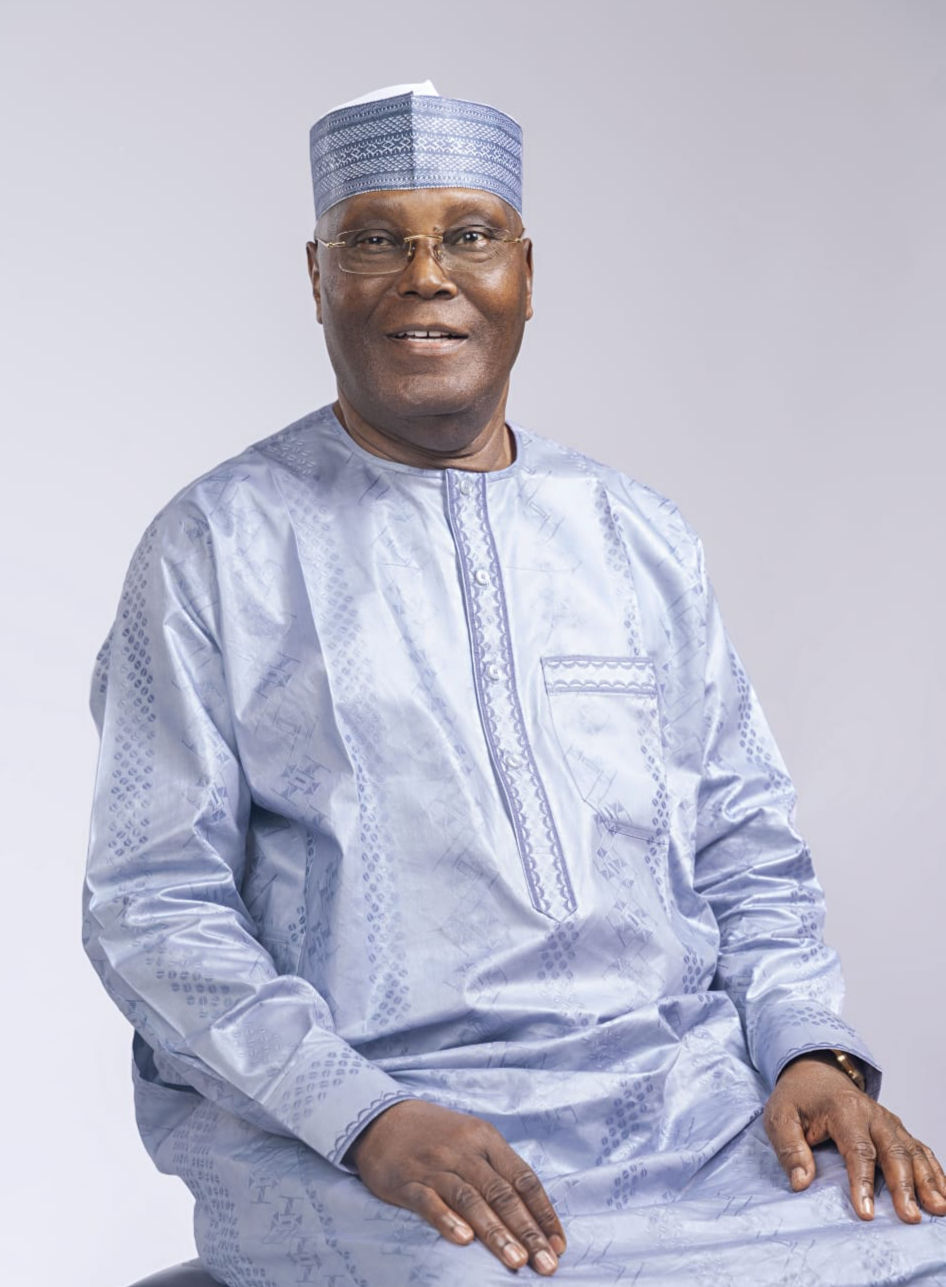NYFA LEADERS' DIGEST
- Oyediran Titilope
- Oct 19, 2025
- 2 min read

ADC, THE DISRUPTOR OF THE STATUS QUO: A PARADIGM SHIFT IN NIGERIAN POLITICS
The African Democratic Congress (ADC) has emerged as a formidable entity in the Nigerian political landscape, posing a significant challenge to the entrenched dominance of traditional political parties. By leveraging its burgeoning influence and grassroots support, the ADC is poised to disrupt the status quo, proffering a novel alternative to the Nigerian populace. As the country navigates the complexities of economic revitalisation, security, and good governance, the ADC's innovative approach and commitment to transformative leadership have resonated profoundly with numerous Nigerians.
At the vanguard of this movement is the party's dynamic leadership, which has successfully tapped into the aspirations and desires of the Nigerian people. By articulating a clear and compelling vision for the country's future and mobilising support across diverse regions and demographics, the ADC has established itself as a credible alternative to the traditional political establishment. The party's message of hope, renewal, and inclusive governance resonates deeply with many Nigerians who feel disillusioned with the current state of affairs.
One of the key factors driving the ADC's success is its commitment to internal democracy and grassroots mobilisation. Unlike many other parties, the ADC has adopted a more inclusive and participatory approach to governance, empowering ordinary Nigerians to contribute to the decision-making process. This approach has not only helped to build trust and confidence in the party but has also fostered a sense of ownership and belonging among its members and supporters.
The ADC's policy initiatives also distinguish it from other parties. Rather than relying on rhetoric and propaganda, the party has focused on developing practical solutions to the country's pressing challenges. From revitalising the economy and promoting sustainable development to improving healthcare and education, the ADC's policy agenda is built on a deep understanding of the country's needs and aspirations. By prioritising the welfare and well-being of Nigerians, the party has demonstrated its commitment to placing people at the centre of governance.
Notwithstanding the criticisms levelled against it by figures such as Adams Oshiomhole, Ayodele Fayose, and Israel Sunny-Goli, the ADC's emergence is not merely a fleeting phenomenon. Rather, the party's growing momentum and popularity suggest that it is a force to be reckoned with in Nigerian politics. As more Nigerians become acquainted with the ADC's vision and policies, the party is likely to attract even more support, potentially reconfiguring the country's political landscape. The ADC's ability to mobilise and inspire Nigerians, particularly the youth, has significant implications for the future of Nigerian politics.
Ultimately, the ADC's success will depend on its ability to maintain its momentum, build on its strengths, and deliver on its promises. However, one thing is clear: the party has already made its mark on Nigerian politics, challenging the status quo and offering a fresh alternative to the Nigerian people. As the country looks to the future, the ADC stands poised to play a major role in shaping its destiny, promoting a more inclusive, equitable, and prosperous society for all Nigerians.
TEAM nBAU







Comments